Esquisses Champêtres (score & parts) - FL/OB/2CL/2HN/2BSN
Composer: Dyck, Vladimir
Publisher: TrevCo
Edition: 71649
$38.00
Esquisses Champêtres
for flute, oboe, two clarinets in A & Bb, two horns in F, and two bassoons
by Vladimir Dyck (1882-1943) Ukrainian composer
ABOUT THE COMPOSER
Born in Odessa, Ukraine, on March 19, 1882, Vladimir Dyck showed his strong musical aptitude from an early age. In 1899, at the age of 17, he moved to Paris to study at the Paris Conservatory. It is reported that this move was made on the advice of Nicolai Rimsky-Korsakov. Dyck was admitted to the Conservatory in 1900 where he studied with Antonie Taudou (harmony), Paul Vidal (piano accompaniment) and Charles-Widor (composition). Dyck acquired French citizenship in 1910 allowing him to compete in the composition competition of the Institut de France. In 1911, he was awarded the “duexieme Second Second Grand Prix de Rome” for his cantata Yanitza.
Following his studies, Dyck was active as a piano teacher and composer, writing in a range of styles including patriotic songs, lyrical comedy, instrumental music, and film scores, the latter written under the pseudonym Dri Mival, an anagram of his surname. His later compositions reflect his Jewish heritage, including works such as Berceuse hebraique (violin and piano) and 1re et 2e Legends hebraiques (cello, violin, saxophone or clarinet and piano).
On June 10, 1943, Dyck, his wife and daughter were arrested by the Gestapo at his Parisian home. The family was deported to the Auschwitz concentration camp on July 3 and killed on August 5.
The manuscript score and parts of Esquisses champêtres, dated “Paris Juin 1913,” appear to be in the hand of the composer and are stamped with the name Georges Barrère. Barrère was an important French flutist, who in 1905 was recruited by Walter Damrosch to come to New York City as principal flutist of the New York Symphony and to teach at the Institute of Musical Art (an institution that would eventually become the Juilliard School.) In 1985, Barrère founded the Société modern d’instruments à vent, a Paris ensemble that continued for at least 20 years after Barrère’s departure. While documentation has yet to be found, it is very likely that Esquisses champêtres was composed for and premiered by the Société. In 1908, the Société had given a performance of Dyck’s Symphonie pour 10 instrument à vent, Op. 36 (1908, rev.? 1910). In New York, Barrère founded The Barrère Ensemble, modeled after the Société. These two wind chamber groups exchanged music, so it is likely that this is how Esquisses came to New York.
Following Barrère’s death in 1944, Barrère’s widow sold his entire music library to Juilliard. In the late 1940’s or early 1950’s Juilliard held a “sidewalk sale” where music was sold by the pound. At least some of Barrère’s wind chamber music was purchased at this sale. By the late 1980’s, Esquisses and several other manuscripts had found its way to the University of Delaware School of Music.
Thank you to Nancy Toff, author of Monarch of the Flute: The Life of Georges Barrère, for her valuable contributions to these program notes. Thanks also to Dennis Glocke, Director Emeritus of Concert Bands at Penn State, for entering the score into Sibelius software and conducting the June 5, 2023 performance of Esquisses with musicians Ashley Shank, flute; Andreas Oeste, oboe; Anthony Poehailos and Brandy Davis, clarinets; Anna Skrupy and Sarah Schouten, horns; and Daryl Durran and Matthew So, bassoons. This was surely the first performance of Esquisses in many decades.
Daryl Durran, Professor Emeritus of Bassoon
Penn State School of Music, June 2023
ABOUT THE EDITOR
Daryl Durran is Professor Emeritus, retiring after 39 years as Penn State’s bassoon teacher. He is a founding member of The Pennsylvania Quintet and the Pennsylvania Chamber Orchestra and has been principal bassoonist with the Penn’s Woods Music Festival. Prior to his appointment at Penn State, he performed with the Milwaukee Symphony and the Milwaukee Ballet Orchestras. He has also been a member of the Festival of Two Worlds Orchestra in Spoleto, Italy, and the Britt Festival Orchestra in Oregon. During the summers he has taught at the Interlochen National Arts Camp and the American Band College. His arrangements for woodwind instruments are published by TrevCo Music. For a decade he served the School of Music as its Assistant Director for Undergraduate Studies and Advising. In 2009, he was the recipient of Penn State’s university-wide Undergraduate Leadership Award for his service to the students of the School of Music.

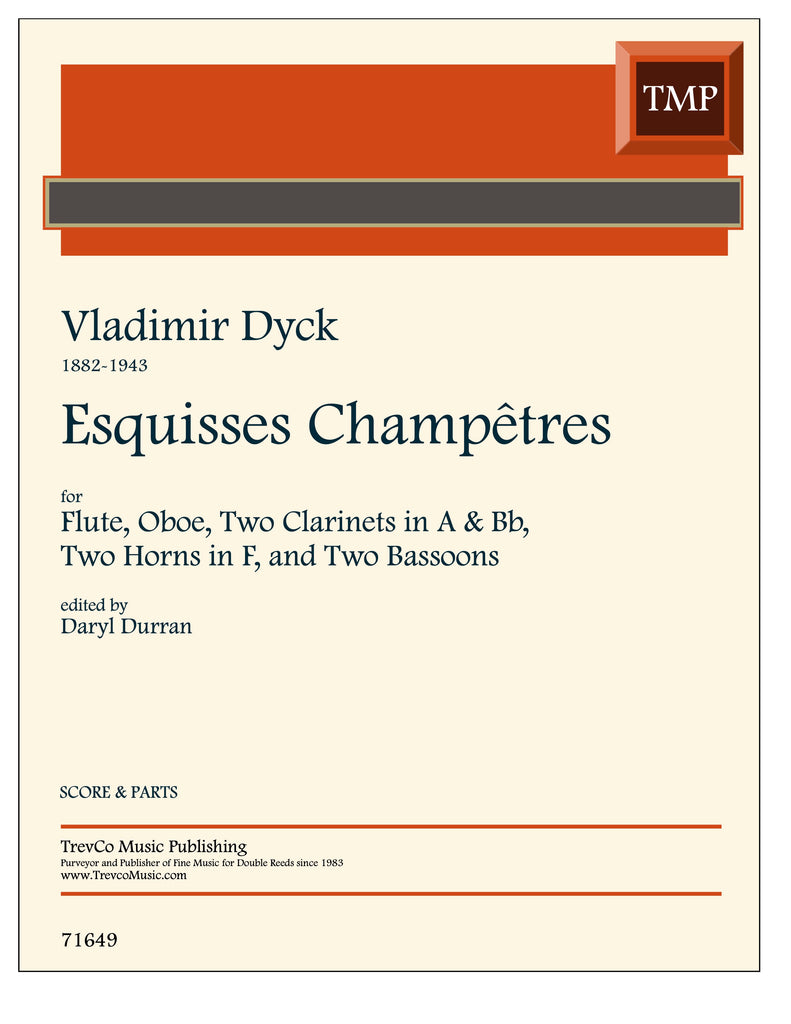
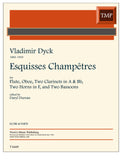
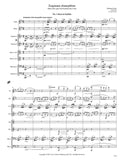
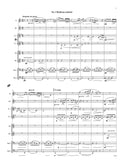
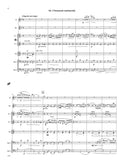
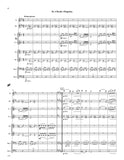

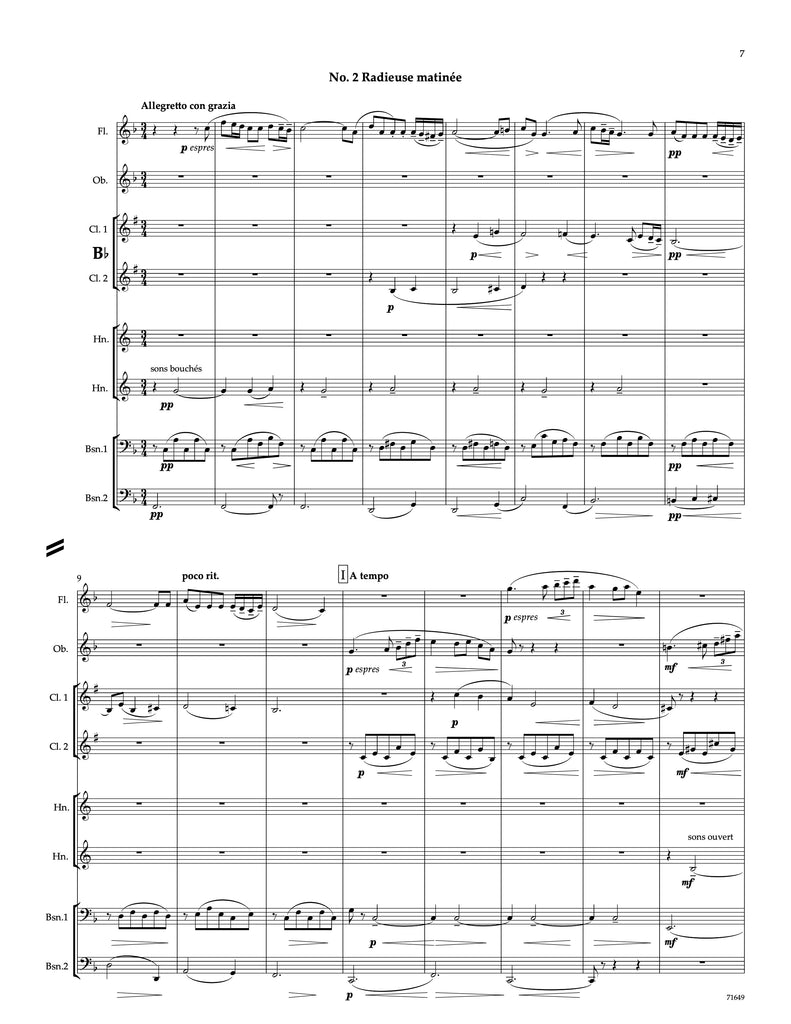
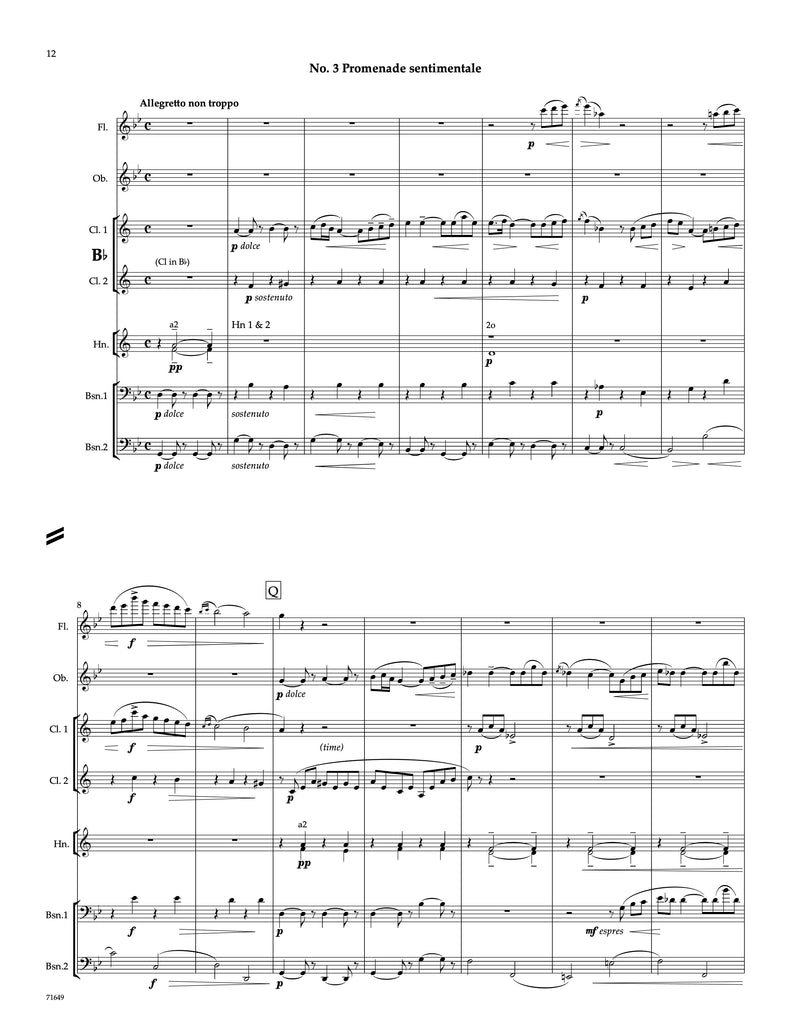
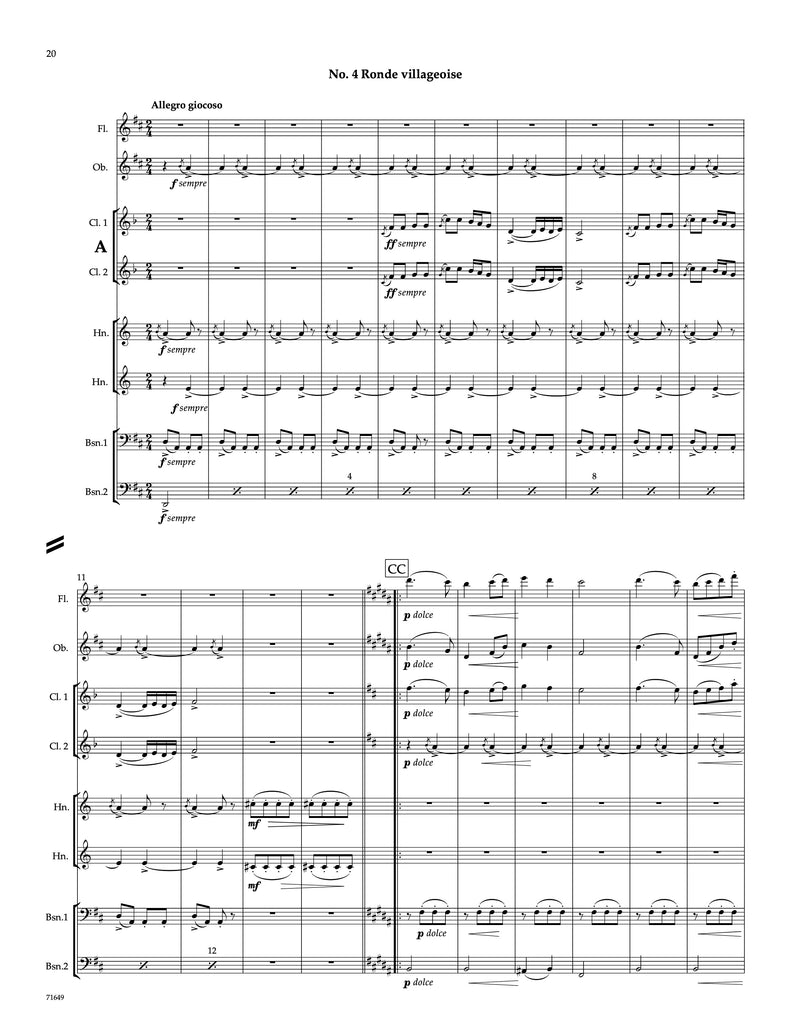
Share this item: